If This is Happening in Your Neighborhood, it’s Time to Sell Your House
A home is much more than a shelter—it’s where you and your family live and create wonderful memories.
However, no matter how much you love your home, if you see one or more of the following signs in your neighborhood, it may mean it’s time to sell before your house depreciates too much.
Crime Rates Are Rising
In addition to keeping your family safe, it’s essential to keep an eye on the crime rate in your neighborhood.
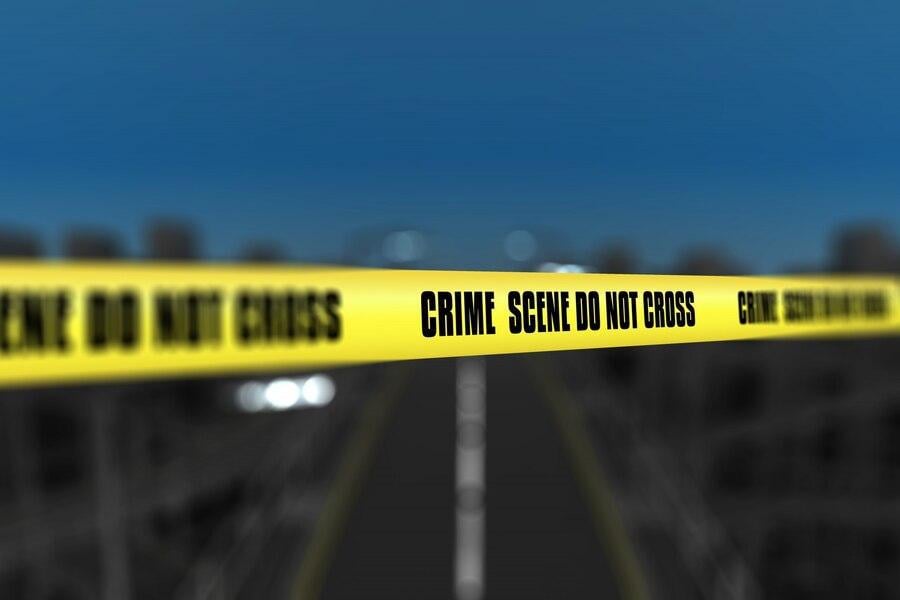
Source: Freepik
As crime goes up, property value goes down, which could leave you in a dangerous neighborhood or having to sell your house for far less than you originally paid for it.
An Increased Police Presence
While checking online is the best way to ensure you understand your neighborhood’s crime rate, you should also pay attention to police presence. The more police you see, the more likely it is that crime is on the rise.
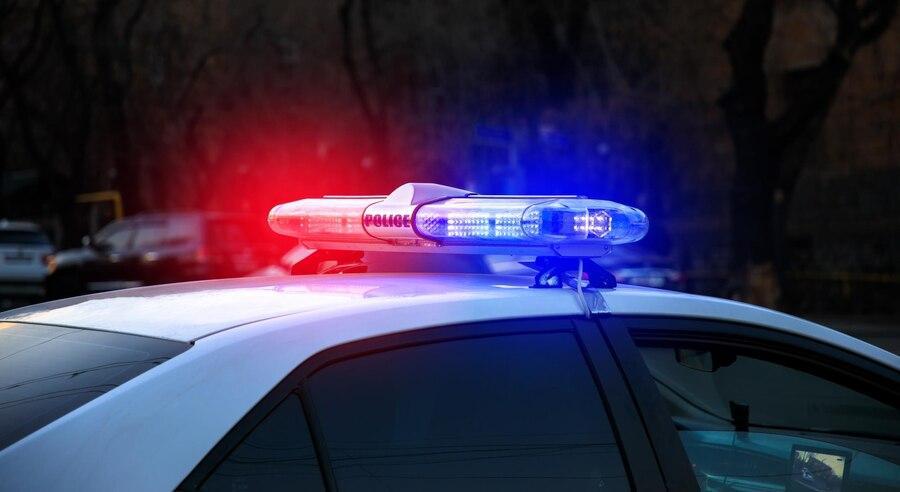
Source: Freepik
Teddi Schill, the founder of Raleigh Area Property Group explained, “Property crimes like vandalism and theft, as well as violent offenses, signal a decline in law and order, eroding the sense of safety and security among residents.”
Overgrown Lawns Are a Tell-Tale Bad Sign
It may seem silly, but the truth is that overgrown lawns or front yards full of excessive clutter are an absolute sign that the homes in your neighborhood may be depreciating in value.
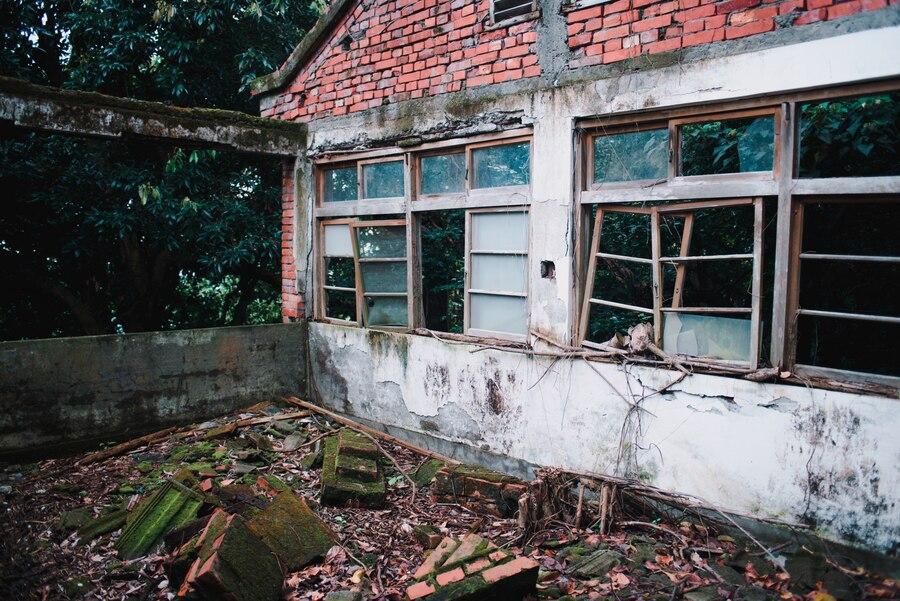
Source: Freepik
Especially if your neighbors once took great care of their lawns and all of a sudden, stopped caring. This probably means they are thinking of moving, which will directly affect the price of your home.
Don’t Forget to Check Zillow
Zillow, an online real estate site, offers Zestimates (Zillow-estimates) on most homes across the country.
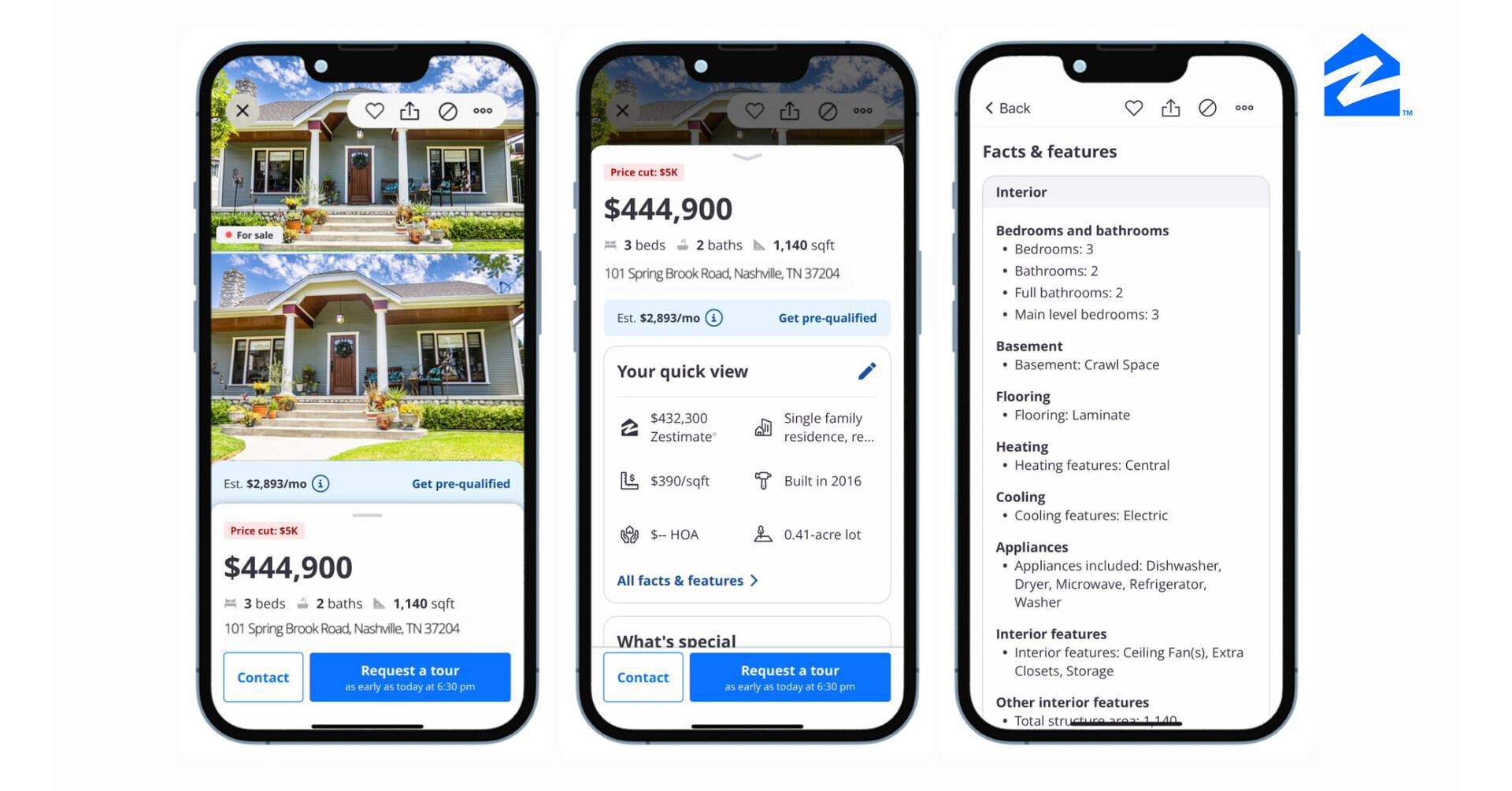
Source: PR Newswire
And although the Zestimates aren’t always spot on, checking the value of you and your neighbors homes on the site is a great way to stay up to date on the current price. And if it starts to drop significantly, it’s probably time to go.
Less Owners and More Renters Is Bad News
If instead of homeowners, you start to see more and more rental residents in your neighborhood, that could also mean bad times are ahead.
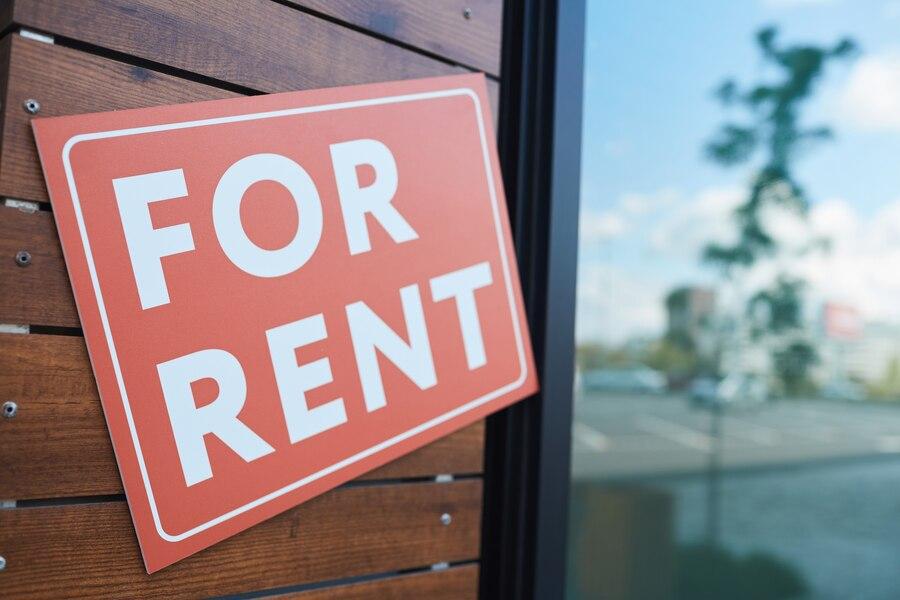
Source: Freepik
Typically, renters care less about their homes than homeowners as they’re not financially or emotionally invested. Thus, more renters could mean all the homes in the neighborhood are going to start decreasing in value.
See Foreclosure Signs? It’s Time to Move
Another sign you certainly don’t want to see in your neighborhood is one that says “foreclosure.”
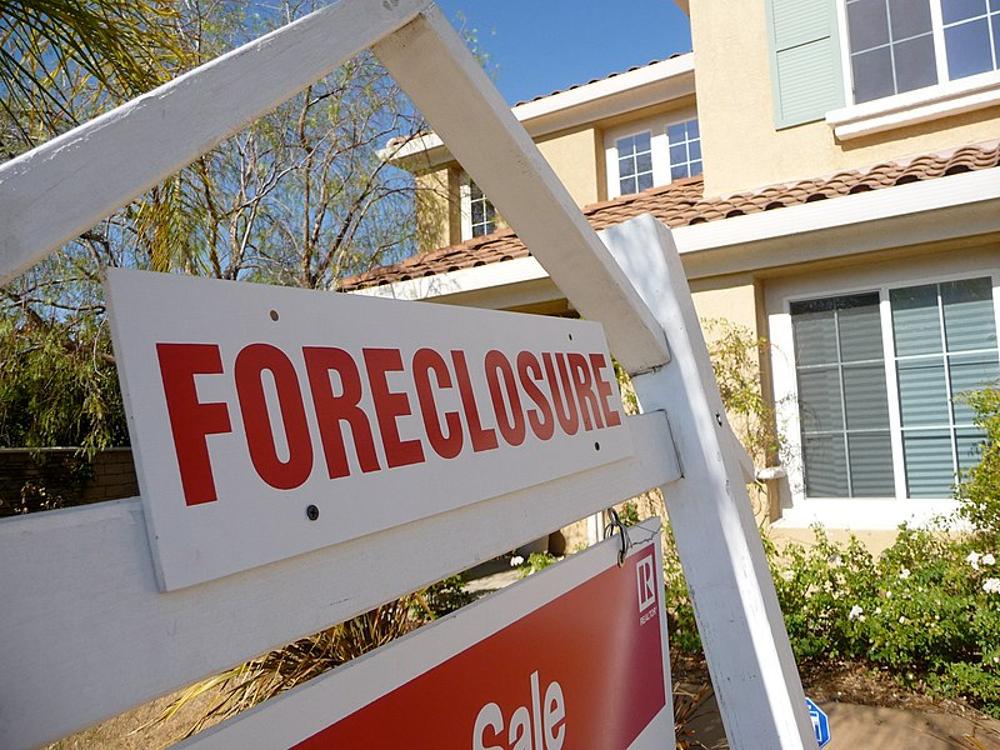
Source: WIkipedia
Foreclosures directly decrease the homes around it because they mean lower comparables in professional valuation techniques.
Homes Sitting on the Market Too Long Are Red Flags
In addition to foreclosures and renters, you should also keep a lookout for homes that are sitting on the market for longer than normal.
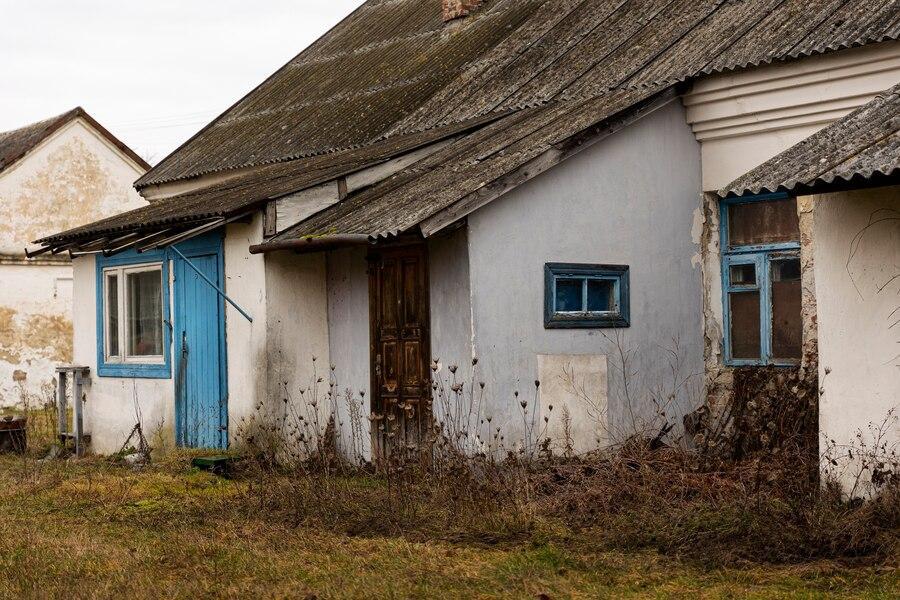
Source: Freepik
It might mean that people already don’t want to move to your neighborhood, but the value of that house, as well as yours and the others, definitely will depreciate the longer it stays uninhabited.
Don’t Forget About Watching Local Businesses
So far, the majority of the clues that your neighborhood may be declining that we mentioned are based on the houses. But it’s important not to forget about how local businesses are doing.
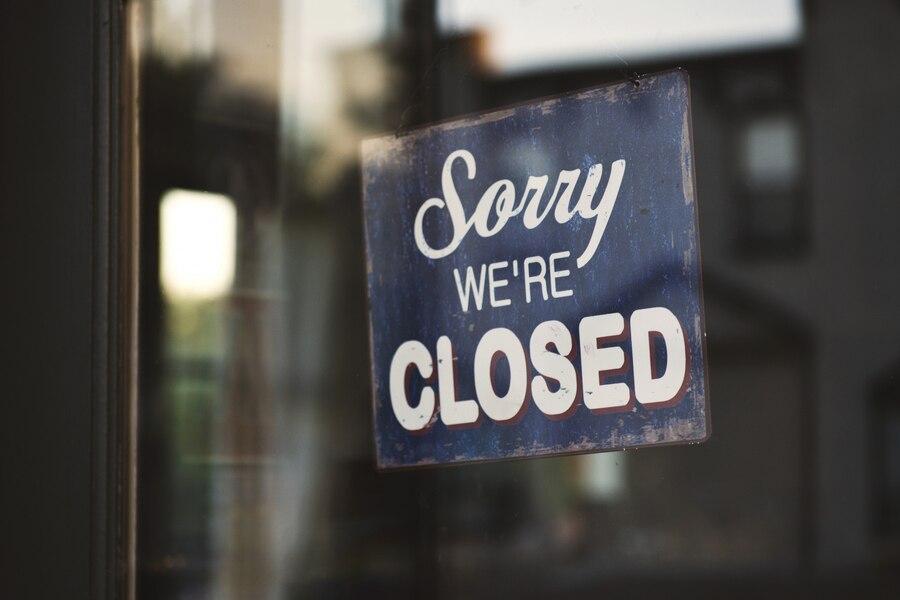
Source: Freepik
Real estate expert Teddi Schill noted, “A noticeable exodus of businesses, particularly those that cater to families and contribute to a vibrant community atmosphere, clearly indicates that your neighborhood is losing its appeal. Empty storefronts and boarded-up businesses paint a bleak picture of a neighborhood on the downward spiral.”
Things You Can Do to Save Your Neighborhood Before It’s Too Late
It’s important to note that while these signs may mean your home could be losing value, it doesn’t mean it’s too late to save your neighborhood.

Source: Freepik
One way to save your beloved community from depreciation is to get together with your neighbors and take action. That can mean community projects, cleaning up lawns, or collectively repainting your homes.
Make Sure You Elect a Government You Trust
It’s also essential to ensure that you elect local government officials that you trust and who care about keeping your neighborhood safe, clean, and the houses full of people.

Source: Freepik
And even once you have trustworthy representatives in place, you may need to talk to them directly when you notice these red flags around town.
It Takes a Village to Keep a Neighborhood Running
The bottom line is that you can’t save your neighborhood yourself—it takes a village to keep a community running smoothly.
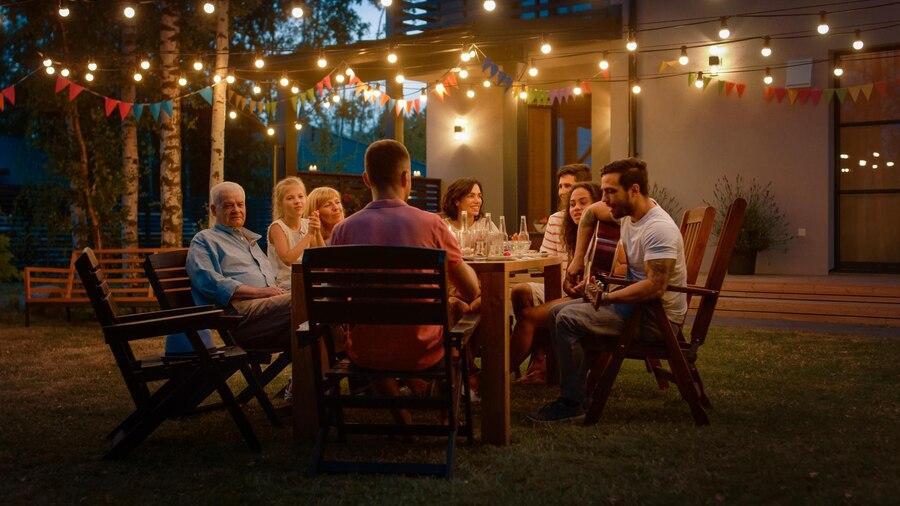
Source: Freepik
Luckily, you now know that if you see these problems happening around you and your community can’t keep up, it may be time to think about a move.
